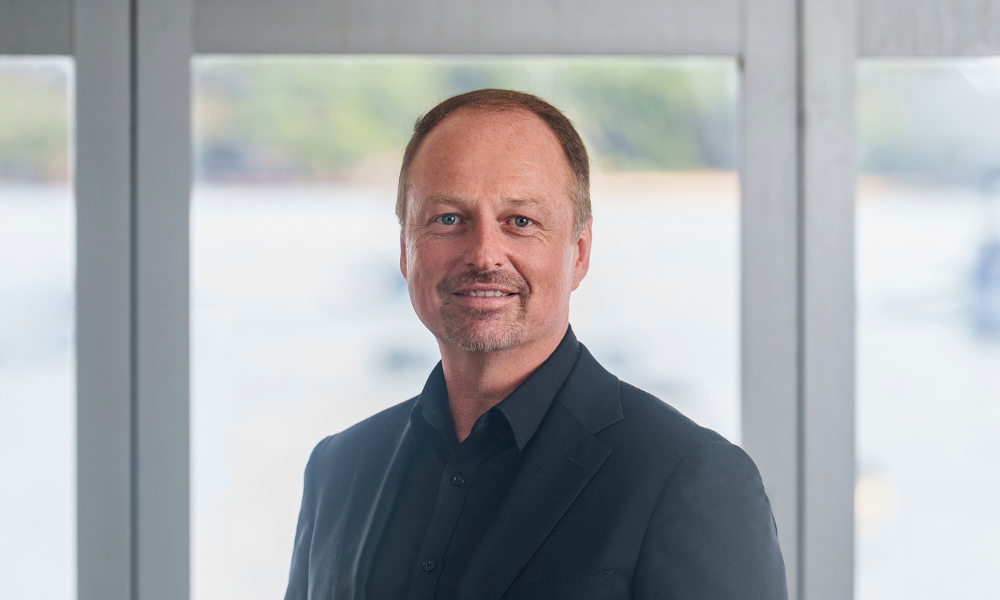
Expert discusses how employers can make recruitment more inclusive for people with disabilities

People with disabilities in Australia continue to face challenges in seeking and engaging in employment, according to the Australian Institute of Health and Welfare.
The institute said this is reflected in generally lower rates of labour force participation and employment, as well as higher rates of unemployment, compared with people without disability.
To address the issue, employers have long been encouraged to implement a recruitment process that is inclusive to a wide pool of job candidates, even people with disabilities, to improve employment outcomes.
However, what does inclusivity really mean in the context of recruitment and how can employers achieve this?
Greg Luck, chief executive officer of AimBig Employment, said an inclusive hiring process is about making an organisation's job vacancies available to everyone.
"Inclusive hiring practice is opening up to all forms of applicants to get the best people to fill the jobs that you need done," Luck told HRD.
According to the CEO, what often holds inclusion back is unconscious bias manifesting during the recruitment process, with interviewers being particularly susceptible to this.
"They're just counting people out based on their perception of what people with disability can't do, rather than having the recruitment process reveal what they can do," he said.
The important thing, according to Luck, is employers ensure that the person applying is the best person for the role: "Just because someone's in a wheelchair doesn't mean they can't do a better job than all your other candidates."
There are two main benefits from hiring people with disabilities, according to Luck, with the first being representation.
"When you look at a business, 20 to 25% of the customers that use your business already have a disability," he said. "If you do not have a representative group of employees working on developing your service or product, then you are not reflective of the community that you are serving. That's number one, that's the big one."
People with disabilities also tend to be more loyal to an organisation over other employees, Luck added.
"Because it's so hard for people with disability just to get through life, the resilience of them as an employee are second to none, versus someone without a disability who has not overcome those life challenges," he said. "So, your loyalty is better, the retention is better, obviously, and they take far fewer sick days."
To implement effective inclusive recruitment practices, Luck underscored the importance of co-designing it.
"Get a group of candidates and test and ask them directly how their experience was when they applied for a role, or get a focus group and say here's how we want to apply and get their feedback," he said.
In Western Australia, the state government and the private sector have joined hands for a pilot programme aimed at finding ways to connect businesses with people with disabilities who are looking for work.
"If you co-design your recruitment process with the very people that you are trying to attract, you're going to be successful," said Luck. "You've got to co-design this with the people that you are actually trying to attract."
Ultimately, an inclusive recruitment process is an extension of an organisation's workplace culture.
"It's the window into the start of the journey with the business, but if the business is inhibiting inclusion from happening in the first place, it's not going to work," he said. "If you're going to be really and truly inclusive as a business and get all the benefits that come with that, the culture and the way you operate as a business has to change. Or it just simply won’t be sustainable."
AimBig Employment is holding a webinar to help employers in recruiting and supporting people with disability in the workplace.